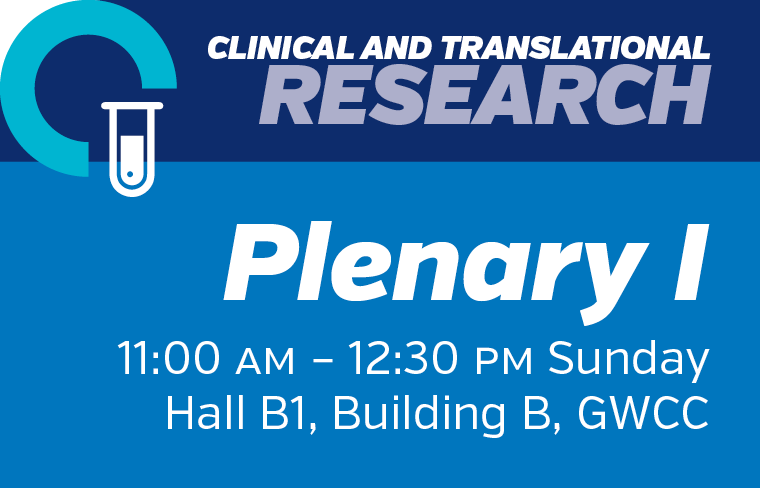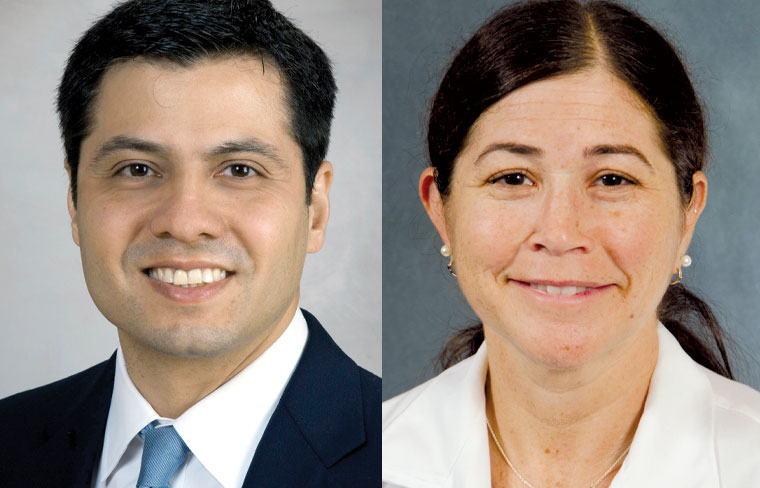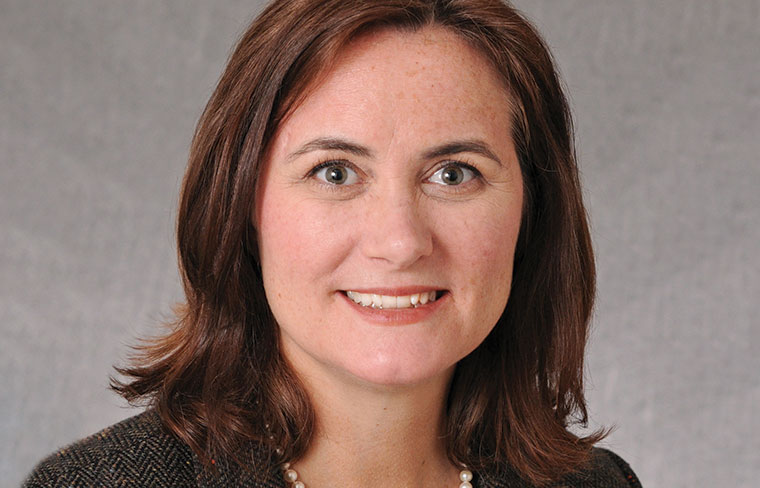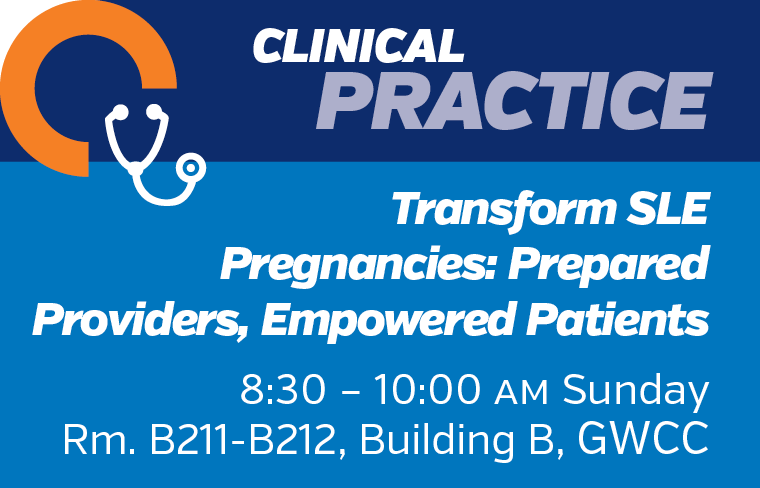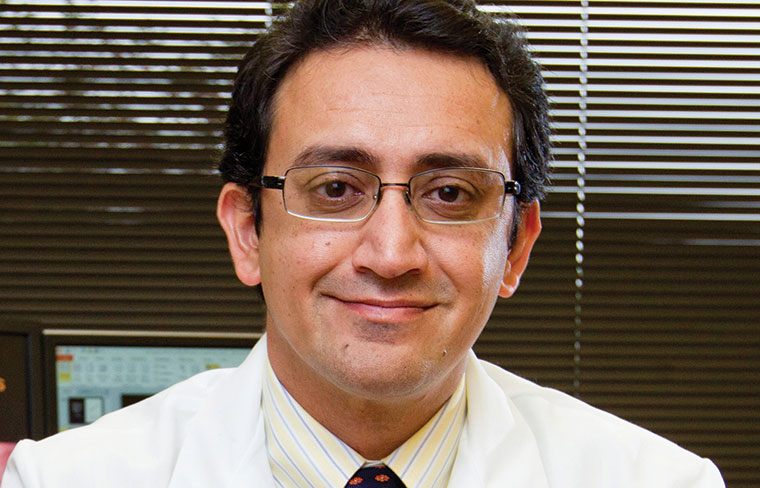
Issue 1
-
Session to explore new and emerging OA therapies and challenges in PJI management
A Sunday afternoon session will feature a pair of experts who will discuss new and evolving therapeutic advances in the treatment of osteoarthritis and the latest advances in diagnosing and managing prosthetic joint infection.
-
African Americans with lupus at higher risk for CV complications, new data shows
Five of the top abstracts will be presented during Plenary I on Sunday, starting with new data on cardiovascular risk in lupus patients.
-
Get caught up on all the day’s events during new Daily Digest sessions
The ACR/ARP Annual Meeting for the first time will offer short sessions on the three busiest days of the meeting that will summarize the key developments from that day’s educational sessions and abstract presentations.
-
Session to explore connections between glycosylated ACPA and progression to RA
More current research is beginning to unravel the role of autoantibodies in the progression of RA from preclinical to clinical disease.
-
Case-based session will examine diagnostic, management challenges of SLE
This year’s special Clinicopathologic Conference session, CPC: Lupus or Felis?, will showcase a complex case of what initially appeared to be systemic lupus erythematosus, but upon further testing was revealed to be another disease.
-
New Recharge Me sessions to offer strategies to avoid burnout and position you for greater success
Leadership coach Sara Melita created a series of sessions to help attendees refocus their priorities, think about goals, and identify strategies to promote wellbeing. It’s part of an expanded set of offerings focused on professional development.
-
New gout treatments are here, with more coming
“The biggest surprise to many rheumatologists is just how many therapeutic targets and biomarkers there are in gout that we haven’t yet explored,” said Robert Terkeltaub, MD.
-
Session to offer strategies for improving care of SLE patients during childbearing years
In a continuing effort to improve care of lupus patients during their reproductive years, three experts during a Sunday session will discuss these issues and offer practical strategies to help clinicians feel more comfortable with reproductive health management.
-
New format for steroids, opioids sessions highlights conversational approach to controversial topics
Annual Meeting attendees looking for a learning opportunity that exchanges the ubiquitous podium presentation for more engaging, conversational-style learning should take advantage of the In the Rheum sessions on this year’s schedule.
-
New discoveries open new possibilities in scleroderma treatment
Basic discoveries about scleroderma are starting to open pathways leading to novel treatments, starting with the approval of nintedanib for the treatment of scleroderma associated interstitial lung disease earlier in 2019.

